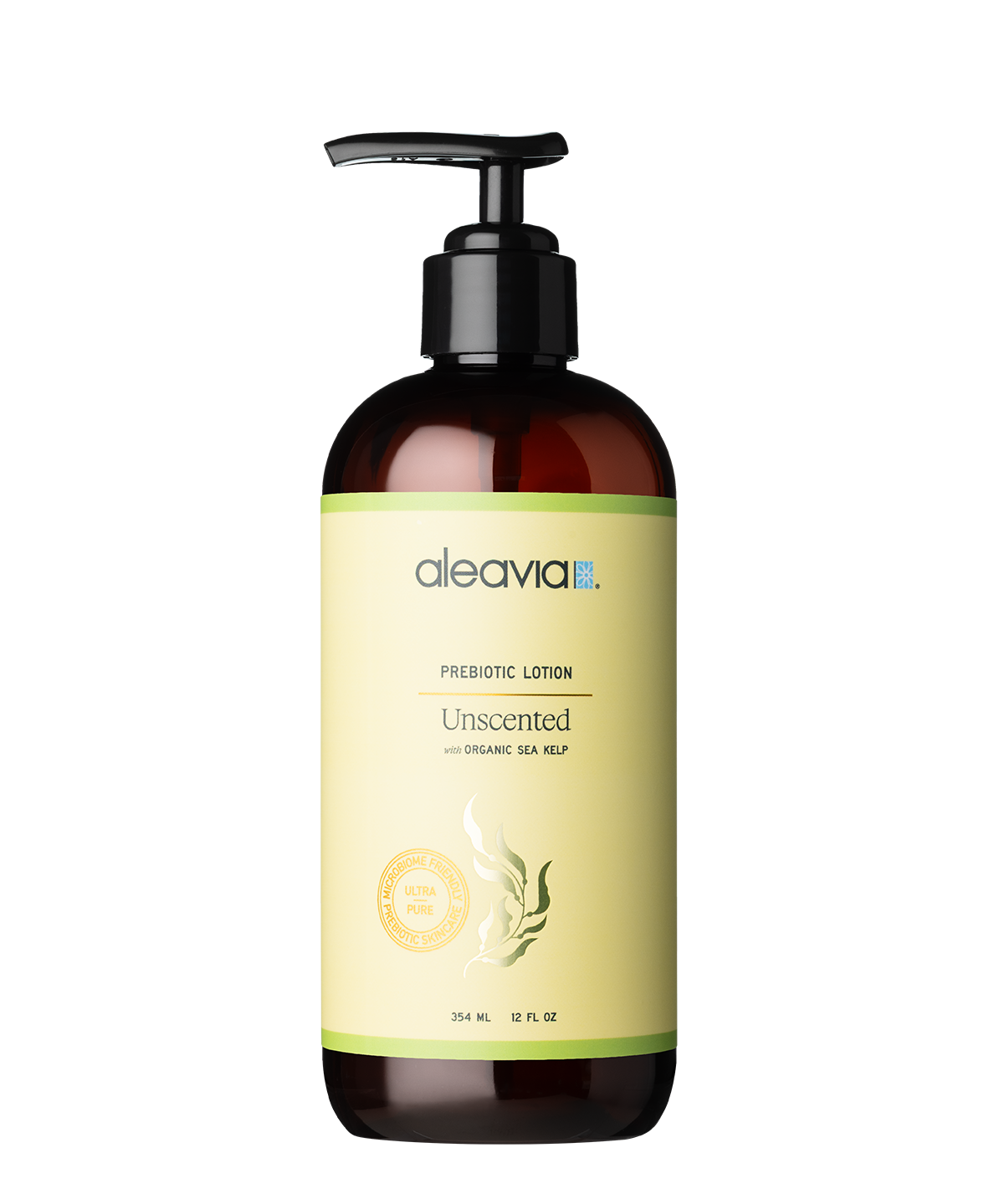Ascorbic Acid
Ascorbic Acid is the purest, most active form of Vitamin C, and in skincare, it’s a powerhouse ingredient known for brightening, firming, and protecting the skin. It's one of the most extensively researched and proven antioxidants in dermatology—and when formulated well, it can make a major difference in skin tone, texture, and resilience.
What is Ascorbic Acid?
Ascorbic acid, or L-Ascorbic Acid, is a water-soluble antioxidant from citrus fruits, leafy greens and berries. You’ll usually find it in 5%–20% concentration in serums or creams. It’s great for those with dull, uneven skin tone, hyperpigmentation, aging or photo-damaged skin—or anyone living in a city or exposed to a lot of environmental stress.
How is Ascorbic Acid used in skincare?
Ascorbic Acid is commonly found in:
- Brightening serums
- Anti-aging creams
- Spot treatments
- Antioxidant boosters
- Often paired with Vitamin E and Ferulic Acid to increase stability and absorption
Pro tip: It’s most effective when used in the morning under sunscreen, since it helps protect against UV damage.
What are the benefits of Ascorbic Acid for your complexion and skin microbiome?
A strong antioxidant like Ascorbic Acid supports barrier function, which in turn helps the microbiome thrive and reduces inflammation that could disrupt microbial balance. However, in high concentrations or if the formula is too acidic, it could irritate sensitive skin, which may temporarily disrupt barrier function. A balanced pH formula is key. Here’s why it supports your skin ecosystem, among other benefits for your complexion:
- Brightens & Evens Skin Tone: Ascorbic acid inhibits tyrosinase, the enzyme involved in melanin production—fading dark spots, sunspots, and post-acne marks and giving skin that glowy, radiant look.
- Boosts Collagen Production: Vitamin C is essential for collagen synthesis. Because of this, ascorbic acid firms skin and reduces the appearance of fine lines and wrinkles.
- Protects Against Free Radical Damage: Ascorbic acid neutralizes oxidative stress from sun exposure, pollution, and blue light—preventing premature aging and inflammation-related damage.
- Reduces Inflammation: Chronic inflammation is one of the biggest threats to microbiome balance. Vitamin C is a powerful anti-inflammatory that can help soothe acne-related inflammation, eczema flares and general redness or sensitivity. Less inflammation means fewer microbiome disruptions.
- Improves Skin Texture & Hydration: Ascorbic acid strengthens the skin barrier, making skin smoother and more resilient. Some studies suggest it enhances lipid content in the stratum corneum.
- Strengthens the Skin Barrier: A healthy microbiome needs an intact skin barrier to thrive. Ascorbic Acid supports the barrier by stimulating collagen production, enhancing ceramide and lipid synthesis and reducing oxidative stress that can degrade the barrier. When your barrier is strong, the natural balance of good bacteria on your skin can flourish without disruption.
If you're using Ascorbic Acid alongside probiotic or postbiotic skincare, it can actually help create a more balanced, resilient skin environment—like a one-two punch of skin defense and regeneration.








